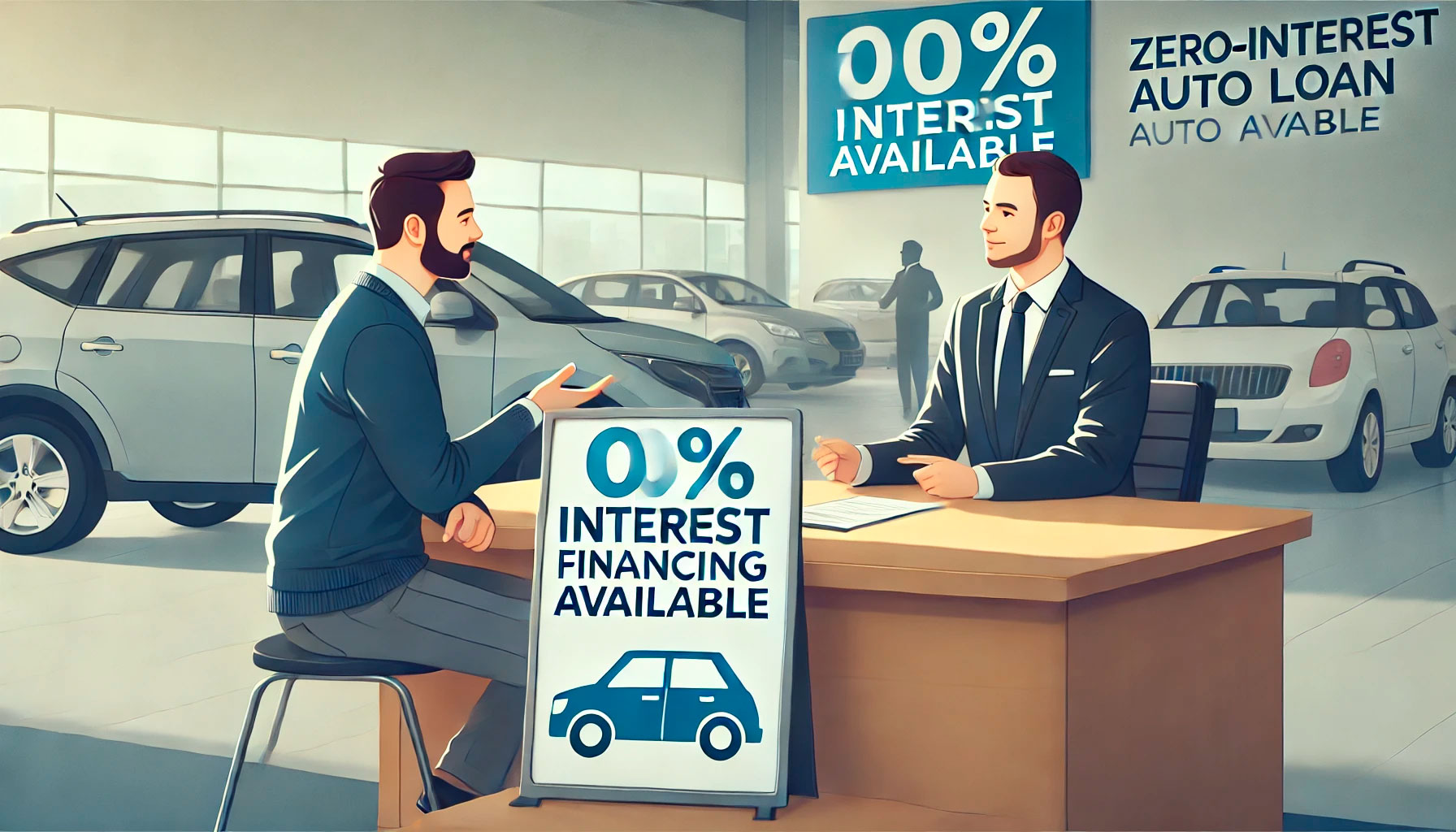Zero-interest auto loans are often advertised as an attractive offer for potential car buyers, promising to make a new vehicle more affordable by eliminating the interest costs typically associated with financing. On the surface, a zero-interest auto loan may seem like a no-brainer, especially if you’re looking to keep monthly payments low and avoid paying…
About Auto Loans
How Used Car Loans Differ from New Car Financing
When it comes to purchasing a vehicle, buyers often face a key decision: whether to buy a new car or a used car. This decision can be influenced by many factors, such as budget, preferences, and long-term goals. However, one of the most important considerations when making this choice is how the financing process differs…
The Role of Credit History in Determining Auto Loan Down Payments
When purchasing a vehicle, one of the most significant financial decisions a buyer will make is determining the amount of money to put down as a down payment. A down payment is typically required by lenders as a way to reduce the loan amount and decrease the lender’s risk in financing the vehicle. For many…
How a Car’s Market Value Affects Auto Loan Terms
When taking out an auto loan to purchase a vehicle, the car’s market value plays a significant role in determining the loan terms, including the loan amount, interest rate, and repayment period. The market value of a car refers to the current worth of the vehicle in the market, based on factors like its make,…
The Growth of Subsidized Auto Loans for Electric Vehicles
As the world continues to focus on sustainability and reducing carbon footprints, electric vehicles (EVs) have emerged as a central solution to combat climate change. EVs offer a cleaner alternative to traditional gasoline-powered vehicles, significantly reducing greenhouse gas emissions. However, one of the barriers to widespread adoption of EVs has been their initial cost, which…





